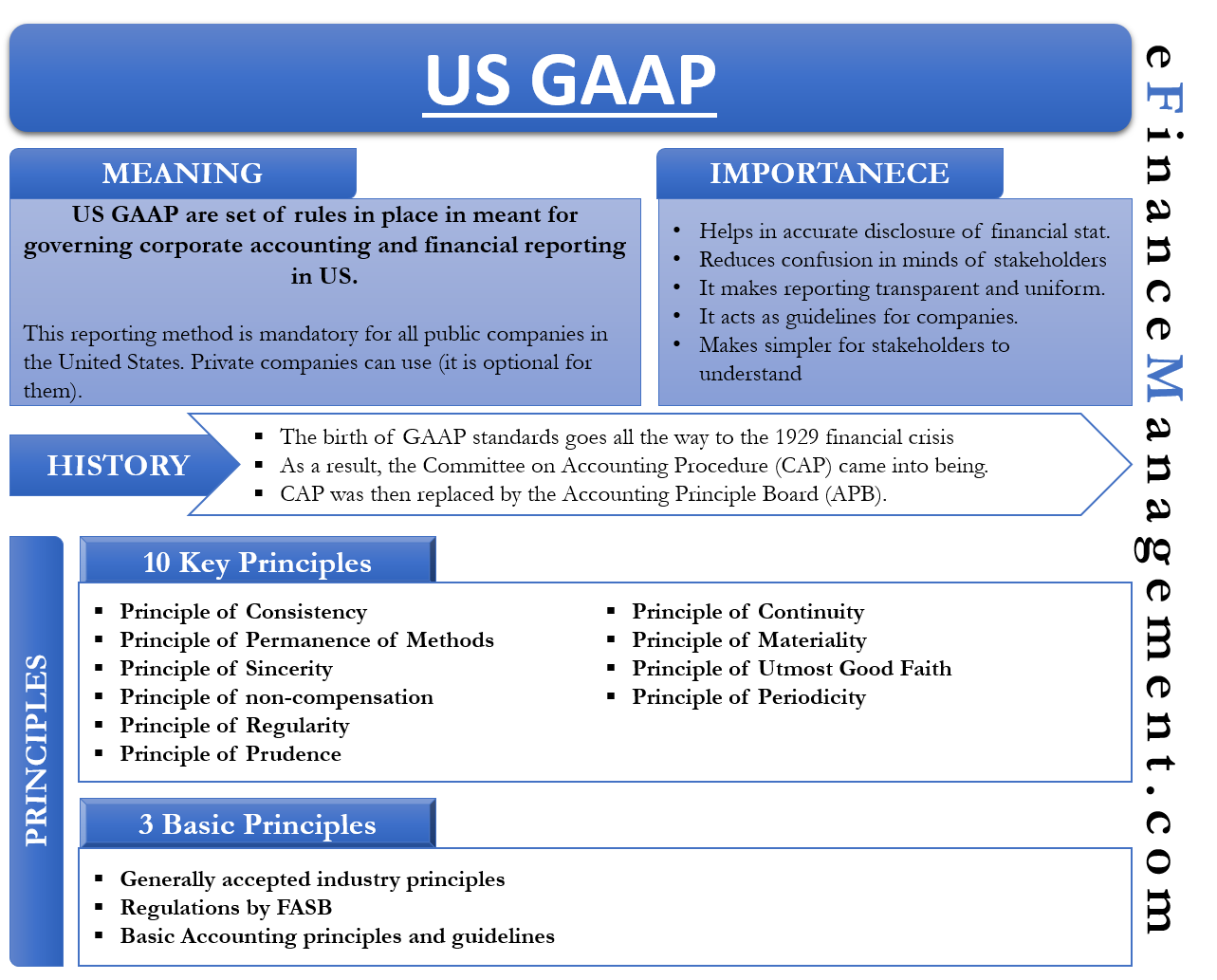Table of ContentsGetting The What Is A Finance Bond To WorkFacts About What A Bond In Finance UncoveredThe Best Guide To How To Add Bond Holdings To Yahoo Finance Portfolio4 Easy Facts About What Does A Bond Can Be Called Finance Described
Organisations aren't the only entities that can provide bonds. Federal governments and municipalities sell them too. Let's look at how these type of bonds differ. Ad Federal Government Bonds: To money programs, meet their payrolls and essentially pay their bills, governments concern bonds. Bonds from stable federal governments, such as the United States, are considered extremely safe financial investments.
The U.S. federal government issues its own bonds from the treasury and from several government firms. Those maturing in less than one year are referred to as T-bills. Bonds that develop in one to ten years are T-notes, and those that take more than ten years to grow are treasury bonds. Sometimes, you do not need to pay state or local income taxes on the interest they make.
Munis finance things like hospitals, schools, power plants, streets, workplace structures, airports, bridges and the like. Municipalities normally release bonds when they need more cash than they collect through taxes. The good idea about local bonds is that you do not have to pay federal earnings taxes on the interest they earn.
While corporate bonds are a greater risk than federal government bonds, they can make a lot more cash. There's likewise a much larger selection of business bonds. The downside is that you do need to pay federal income tax on the interest they make. Specifically when purchasing business bonds, it is very important to consider how risky the bond is.
You can look into the issuer's financial scenario to see how strong its prospects are. This includes examining things like money flow, financial obligation, liquidity and the company's business strategy. As fun as it sounds to investigate these things, the majority of us do not have the time or abilities to examine a corporation's monetary situation precisely.
Their experts investigate a company's situation and determine a bond ranking for the business. Every score service has its own formula for determining risk and its own sort of rating scale. Usually, rating scales are defined in letter grades, where an AAA score designates a safe, low-risk bond, and a D score designates a high-risk bond.
government bonds, are typically low-yield bonds. You can depend on getting a payment but that payment will be small. finance quizlet when bond rates rise. On the other side of the spectrum, you have what's not-so-affectionately known as, which are low-rated, high-risk bonds. In order to attract financiers into buying these risky junk bonds, the releasing companies guarantee high yields.
The smart Trick of What Is A Yankee Bond In Finance That Nobody is Talking About
However if you do, you could get paid in spades. Still not sure about some of the terms associated with bond financial investment? Have a look at the glossary on the next page.
Bonds are loans made to big organizations. These consist of corporations, cities, and national governments. A specific bond is a piece of a huge loan. That's because the size of these entities requires them to obtain cash from more than one source. Bonds are a kind of fixed-income financial investment. The other kinds of investments are money, stocks, commodities, and derivatives.
They differ according to who issues them, length till maturity, interest rate, and danger. The most safe are short-term U.S. what does bond mean in finance. Treasury expenses, but they also pay the least interest. Longer-term treasurys, like the standard 10-year note, offer a little less risk and marginally greater yields. TIPS are Treasury bonds that protect against inflation.
They return a little bit more than Treasuries but are a bit riskier. Corporate bonds are released by business. They have more threat than government bonds due to the fact that corporations can't raise taxes to pay for the bonds. The risk and return depend on how credit-worthy the business is. The greatest paying and highest threat ones are called scrap bonds.
Up until then, the customer makes agreed-upon interest payments to the bondholder. People who own bonds are also called lenders or debtholders. In the old days, when individuals kept paper bonds, they would redeem the interest payments by clipping coupons. Today, this is all done electronically. Naturally, the debtor repays the principal, called the face worth, when the bond develops.
They can only do this since there is a secondary market for bonds. Bonds are either publicly traded on exchanges or offered independently between a broker and the lender. Because they can be resold, the value of a bond rises and falls until it grows. Imagine The Coca-Cola Business wished to borrow $10 billion from financiers to acquire a big tea company in Asia.
It releases each bond at a par worth of $1,000 and promises to pay pro-rata interest semi-annually. Through an investment bank, it approaches investors who invest in the bonds. In this case, Coke requires to offer 10 million bonds at $1,000 each to raise its preferred $10 billion prior to paying the fees it would sustain. Each $1,000 bond is going to receive $25.00 per year in interest.
What Does Everything In The Price Of A Bond Formula Stand For In Finance Fundamentals Explained
If all works out, at the end of ten years, the original $1,000 will be returned on the maturity date and the bond will disappear. Bonds pay off in 2 ways. First, you receive income through the interest payments. Obviously, if you hold the bond to maturity, you will get all your principal back.
You can't lose your financial investment unless the entity defaults. Second, you can profit if you resell the bond at a higher rate than you bought it. Often bond traders will bid up the price of the bond beyond its face value. That would happen if the net present worth of its interest payments and principal were greater than alternative bond financial investments.
Numerous individual investors choose to let a skilled fund manager select the very best selection of bonds. A bond fund can likewise decrease danger through diversification. In this manner, if one entity defaults on its bonds, then just a small part of the investment is lost. Some bonds, called zero-coupon bonds, do not disperse interest income in the kind of checks or direct deposit however, rather, are issued at a particularly computed discount.
Over the long haul, bonds pay a lower return on your financial investment than stocks. In that case, you might not earn enough to outmatch inflation. Investing just in bonds may not enable you to save enough for retirement. Companies can default on bonds. That's why you need to check the bondholder's S&P ratings.
They could rapidly default. They must provide a much higher interest rate to draw in buyers. Although normally thought about "safe," bonds do have some risk. Credit danger describes the possibility of not receiving your assured principal or interest at the contractually ensured time due to the provider's inability or unwillingness to distribute it to you.
The outright highest investment-grade bond is a Triple-A rated bond. There is constantly a chance that the government will enact policies, purposefully or inadvertently, that cause extensive inflation. Unless you own a variable rate bond or the bond itself has some sort of integrated defense, a high rate of inflation can ruin your buying power.
When you purchase a bond, you know that it's probably going to be sending you interest income regularly. There is a risk in this, however, because you can not anticipate ahead of time the accurate rate at which you will be able to reinvest the money. If rates of interest have dropped significantly, you'll need to put your fresh interest income to work in bonds yielding lower returns than you had actually been delighting in.
6 Easy Facts About What A Bond In Finance Shown

This implies that as soon as you get them, you might have a difficult time selling bonds at leading dollar. This is among the reasons it is generally best to limit the purchase of specific bonds for your portfolio to bonds you intend to hold until maturity. For lots of people, valuing bonds can be complicated.

In other words, the more need there is for bonds, the lower the yield. That appears counter-intuitive. The reason depends on the secondary market. As people need bonds, they pay a higher cost for them. But the interest payment to the shareholder is fixed; it was set when the bond was initially sold.
Put another way, the price they spent for the bond yields a lower return. Financiers typically require bonds when the stock exchange ends up being riskier. They want to pay more to prevent the higher danger of a plunging stock exchange. Given that bonds return a fixed interest payment, they look appealing when the economy and stock market decrease.